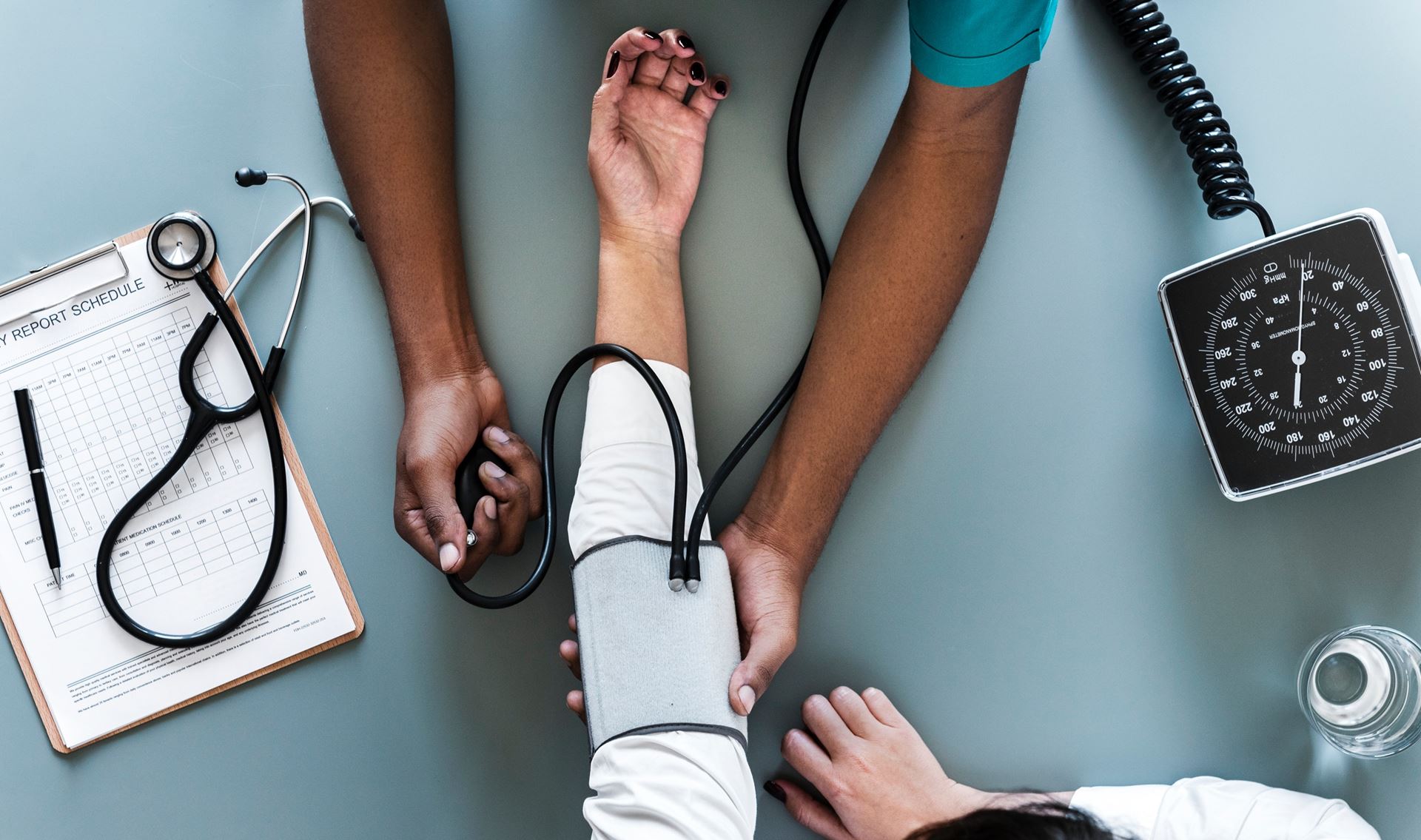Non NHS Services
Private Work Fees
Most services are covered by the NHS but you may be asked to pay a standard fee for certain procedures, please ask at reception for details or click here for a request form. For example:
- Some Insurance Medicals
- Private Certificates
- HGV Licences
- Some sports medicals
- Taxi Medicals
- Some vaccinations and immunisations
- Holiday cancellation forms
From 1st September 2020, we will not longer accept payment by cash. All payments will need to be made by card in person (no transaction fee) or by BACS transfer at Whitehill Surgery.
Our list of fees can be downloaded below:

In order to be fair to all of our patients we have standardised all the fees. The British Medical Association also state that GPs do not have to do non NHS work as this does take them away from providing medical care; and some of our doctors choose not to do this 'private' work.
If a GP accepts a request for private work such as a 'To Whom It May Concern' letter, this work needs to be done by the GP outside of their normal working day, often in the evenings or at weekends.
The process for private work is as follows:
1. A request has to be made and this is then taken to the GP for agreement
2. Once agreed an invoice for the fee amount is sent either by email or in the post
3. Once payment is received please allow up to 3 weeks in which to get the work done.
Mental Capacity Assessments
GPs are often asked to make Mental Capacity Assessments for patients. These assessments can be requested for a variety of different reasons. As GPs it is an essential part of our role that we are able to perform capacity assessments which relate to decisions regarding medical investigations, treatment and care. However capacity assessments relating to overall welfare, finances and property are often more complex and sit outside our expertise.
The level of risk and responsibility linked to capacity assessments can be extremely high. Decisions such as whether someone’s house is sold or how their life savings are spent can depend on capacity assessments. It is therefore essential that adequate time and attention is dedicated to these assessments. It is also essential that those carrying out these assessments for legal purposes are highly trained and experienced in this area.
Legal capacity assessments do not fall within the NHS duties of GPs. Some GPs do agree to perform these assessments privately at a fee, but many others feel the risks of doing so are too high or that the time needed to perform an adequate assessment is not available to them. There are other professionals who can perform mental capacity assessments including solicitors and psychiatrist.
As a surgery we do not feel we have the capacity to offer Mental Capacity Assessments for legal purposes for our patients. To do so would require significant resources being diverted from our core duties as a health care provider. It would also pose a significant legal and financial risk to our GPs. We feel there are other professionals available with more appropriate training, legal protection and expertise who can perform these assessments.
We realise that this practice policy may cause some inconvenience to our patients but hope you can understand that our priority must be to our core NHS duties as a health care provider. If, in the future, the funding crisis in General Practice is adequately addressed by government we may find ourselves able to reconsider our position.